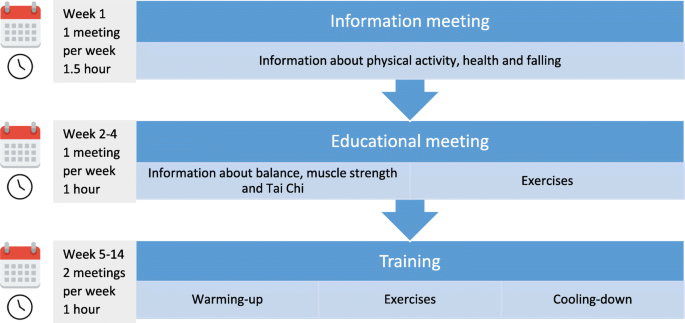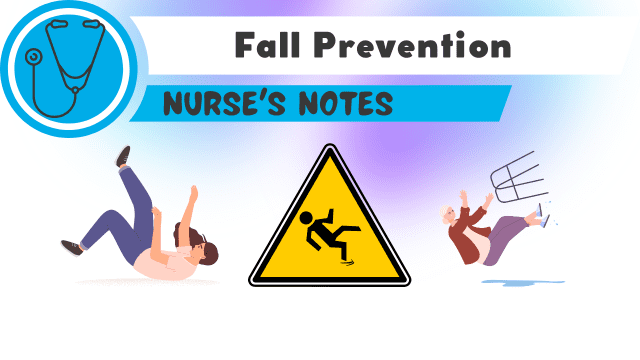Dementia Fall Risk Fundamentals Explained
Dementia Fall Risk Fundamentals Explained
Blog Article
Not known Facts About Dementia Fall Risk
Table of Contents7 Easy Facts About Dementia Fall Risk ExplainedGetting My Dementia Fall Risk To WorkThe Basic Principles Of Dementia Fall Risk The Only Guide to Dementia Fall RiskThe Buzz on Dementia Fall Risk
In the community, poor road lights or unprotected creeks and land fills may likewise cause crashes. Loss Danger Evaluation Device (FRAT) is a 4-item falls-risk screening device for sub-acute and property treatment. The FRAT has 3 sections: fall danger standing, danger aspect list, and action plan. An Autumn Risk Standing consists of data about background of recent drops, medications, mental and cognitive status of the person.If the individual ratings on a threat variable, the corresponding variety of points are counted to the client's fall danger score in package to the far appropriate. If a client's autumn risk rating totals five or greater, the individual is at high danger for falls. If the client scores just four points or reduced, they are still at some threat of falling, and the nurse should use their best clinical evaluation to handle all fall risk aspects as component of a holistic treatment plan.
These conventional approaches, in basic, help establish a secure atmosphere that minimizes accidental falls and defines core preventative actions for all people. Indications are essential for clients at danger for falls.
What Does Dementia Fall Risk Mean?
For instance, wristbands should consist of the person's last and initial name, day of birth, and NHS number in the UK. Information must be printed/written in black against a white history. Only red color needs to be made use of to signify unique individual status. These referrals are consistent with present advancements in individual identification (Sevdalis et al., 2009).
Products that are too far might require the individual to reach out or ambulate unnecessarily and can potentially be a risk or add to falls. Assists protect against the individual from going out of bed with no support. Nurses react to fallers' call lights much more quickly than they do to lights started by non-fallers.
Aesthetic disability can significantly create falls. Maintaining the beds closer to the flooring minimizes the danger of drops and major injury. Putting the bed mattress on the floor dramatically reduces autumn risk in some health care setups.
How Dementia Fall Risk can Save You Time, Stress, and Money.
Clients that are high and with weak leg muscular tissues that attempt to rest on the bed from a standing position are most likely to fall onto the bed since it's also reduced for them to lower themselves securely. If a high client attempts to obtain up from a reduced bed without aid, the person is likely to drop back down onto the bed or miss out on the bed and drop onto the floor.
They're made to advertise timely rescue, not to browse around here protect against drops from bed. Aside from bed alarm systems, enhanced supervision for risky individuals additionally might help stop falls.

People with an evasion stride boost fall chances considerably. To minimize autumn risk, footwear should be with a little to no heel, thin soles with slip-resistant tread, and support the ankles.
Some Of Dementia Fall Risk
People, specifically older adults, have actually minimized aesthetic capacity. Lighting an unknown atmosphere assists increase presence if the client need to get up in the evening. In a research study, homes with ample illumination report less falls (Ramulu et al., 2021). Improvement in lighting at home might decrease fall rates in older adults (Dementia Fall Risk). Making use of stride belts by all healthcare carriers can promote safety and security when assisting people with transfers from bed to chair.

Caretakers are efficient for guaranteeing a secure, protected, and secure setting. Nonetheless, research studies demonstrated extremely low-certainty proof that sitters decrease loss risk in intense treatment medical facilities and just moderate-certainty that alternatives like video monitoring can lower sitter use without increasing fall threat, suggesting that caretakers are not as beneficial as originally thought (Greely see this site et al., 2020).
The Main Principles Of Dementia Fall Risk

Boosted physical conditioning reduces the risk for falls and limits injury that is suffered when loss takes place. Land and water-based exercise programs might be similarly beneficial on equilibrium and stride and thereby minimize the threat for drops. Water exercise may contribute a positive advantage on equilibrium and stride for females 65 years and older.
Chair Increase Workout is a basic sit-to-stand workout that aids reinforce the muscular tissues in the upper legs and buttocks and enhances movement and self-reliance. The goal is to do Chair Increase exercises without utilizing hands as the client ends up being more powerful. See sources area for a detailed guideline on how to perform Chair Surge workout.
Report this page